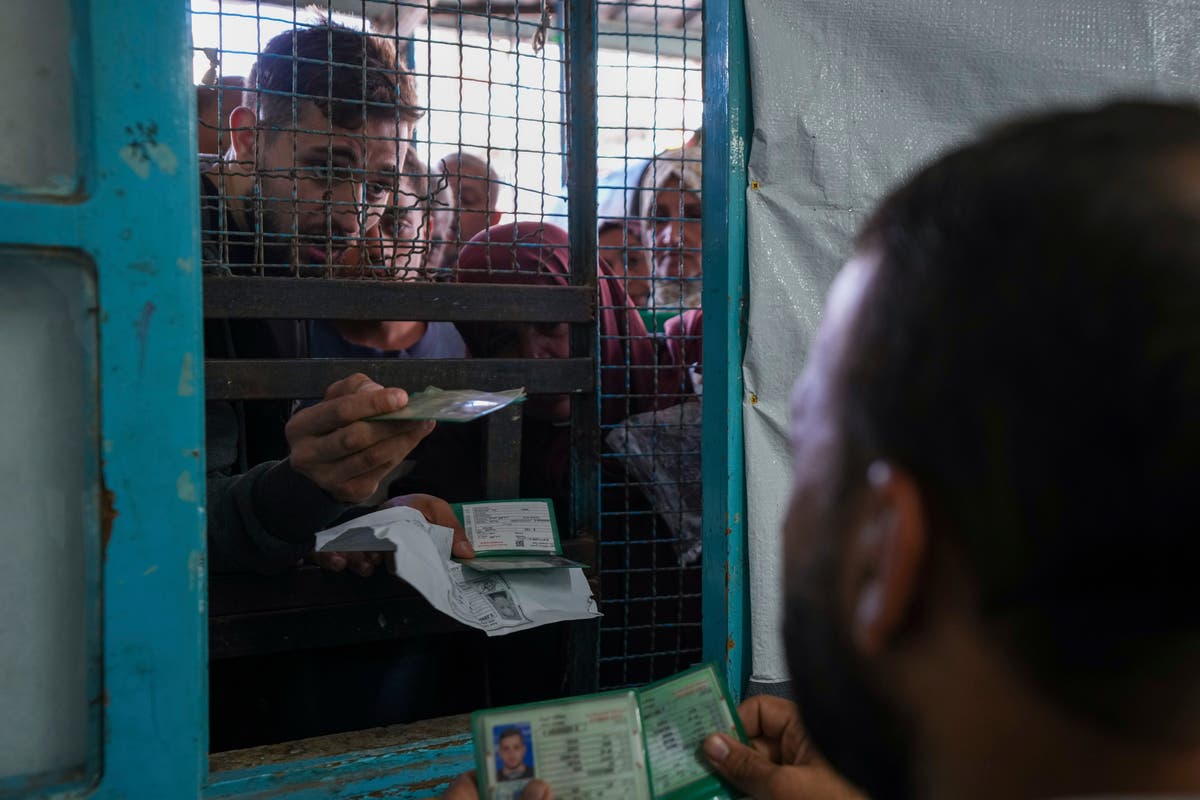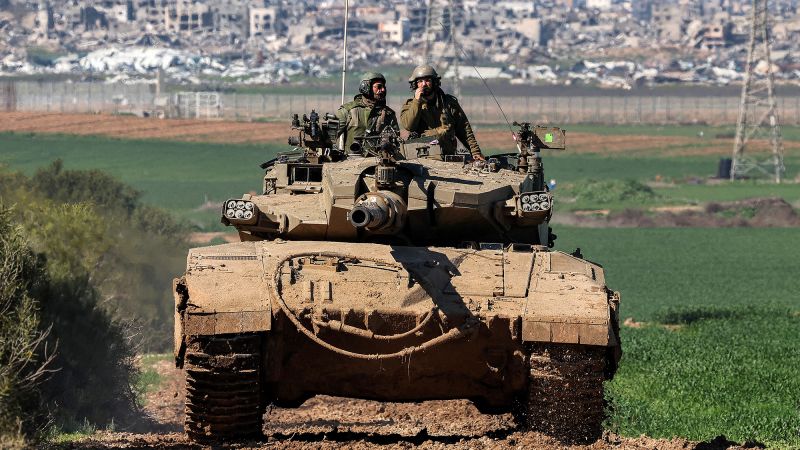South Africa urges top UN court to impose more emergency orders on Israel to end starvation in Gaza
Associated PressTHE HAGUE, Netherlands — Citing “widespread starvation” in Gaza, South Africa on Wednesday urged the United Nations’ top court to order Israel to allow humanitarian aid into the war-torn region, as part of an ongoing case alleging that Israel’s military campaign in Gaza breaches the Genocide Convention. South Africa, which filed the genocide case late last year at the International Court of Justice, said it was compelled to seek more preliminary orders “in light of the new facts and changes in the situation in Gaza — particularly the situation of widespread starvation — brought about by the continuing egregious breaches” of the convention by Israel. But the office added that humanitarian efforts were “undermined by a cessation of operations to the north and an overall decline in the security of civilians, including humanitarian aid workers.” South Africa also accused Israel of violating provisional measures imposed by the court on Jan. 27, when judges ordered Israel to do all it could to prevent death, destruction and any acts of genocide in Gaza, but stopped short of ordering an end to the military offensive that has laid waste to the Palestinian enclave. South Africa also again urged the court to order that “All participants in the conflict must ensure that all fighting and hostilities come to an immediate halt, and that all hostages and detainees are released immediately.” In an attempt to further ratchet up international pressure on Israel, South Africa also asked the court to order all countries that have ratified convention to “refrain from any action, and in particular any armed action or support thereof, which might prejudice the right of the Palestinians in Gaza to be protected from acts of genocide.” The court rejected an earlier request by South Africa for more provisional measures to safeguard Rafah, but also stressed that Israel must respect the earlier measures imposed at a preliminary stage in the landmark genocide case.
History of this topic
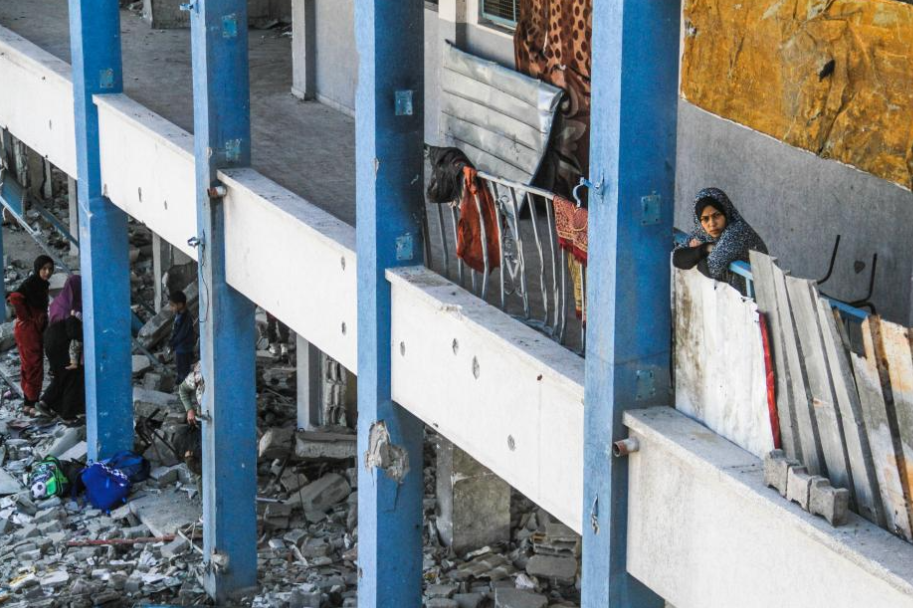
Aid delivery attempts in besieged northern Gaza denied or impeded more than 40 days: UN
China Daily
Aid delivery attempts in besieged northern Gaza denied or impeded more than 40 days: UN
China Daily
Aid delivery attempts in besieged northern Gaza denied or impeded more than 40 days: UN
China Daily
Aid delivery attempts in besieged northern Gaza denied or impeded more than 40 days: UN
China Daily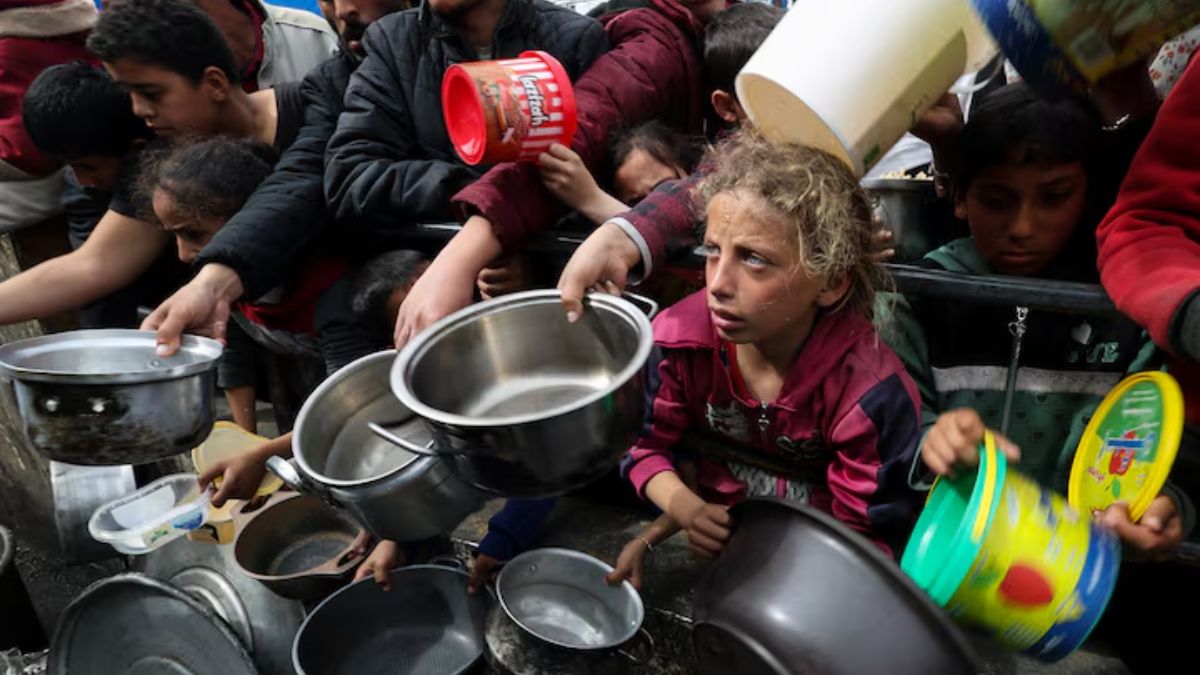)
UN Security Council calls for urgent aid to address Gaza’s worsening crisis
Firstpost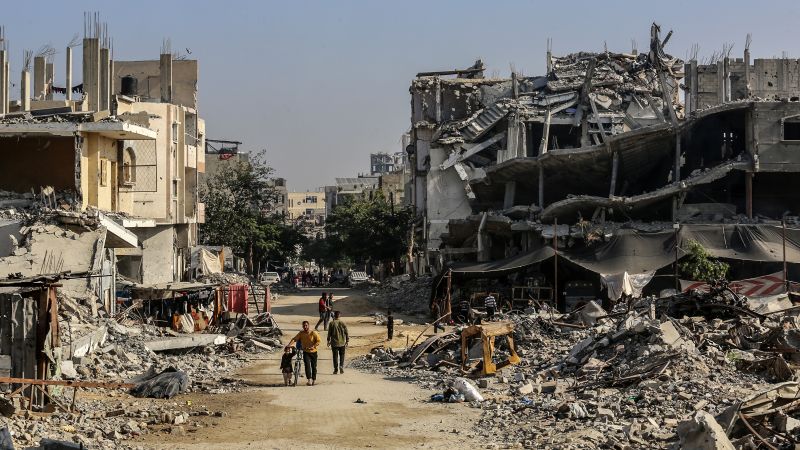
Israel’s war conduct in Gaza ‘consistent with the characteristics of genocide,’ UN Special Committee finds
CNN
Israel’s war conduct in Gaza ‘consistent with the characteristics of genocide,’ UN Special Committee finds
CNN
Israel’s warfare methods in Gaza ‘consistent with genocide’: UN committee
Al Jazeera
Israel fails to meet US deadline to increase Gaza aid, rights groups say
Al Jazeera
South Africa Submits Main Legal Claim to UN, Accusing Israel of Genocide in Gaza
Associated Press
Israel threatens to starve out northern Gaza, U.N. aid agencies say
NPR
UN experts say Israel carrying out ‘targeted starvation campaign’ in Gaza
Al JazeeraGunfire, lawlessness and gang-like looters are preventing aid distribution in Gaza, an official says
Associated Press
Spain to join South Africa's genocide ICJ case over Israel's actions in Gaza
The Hindu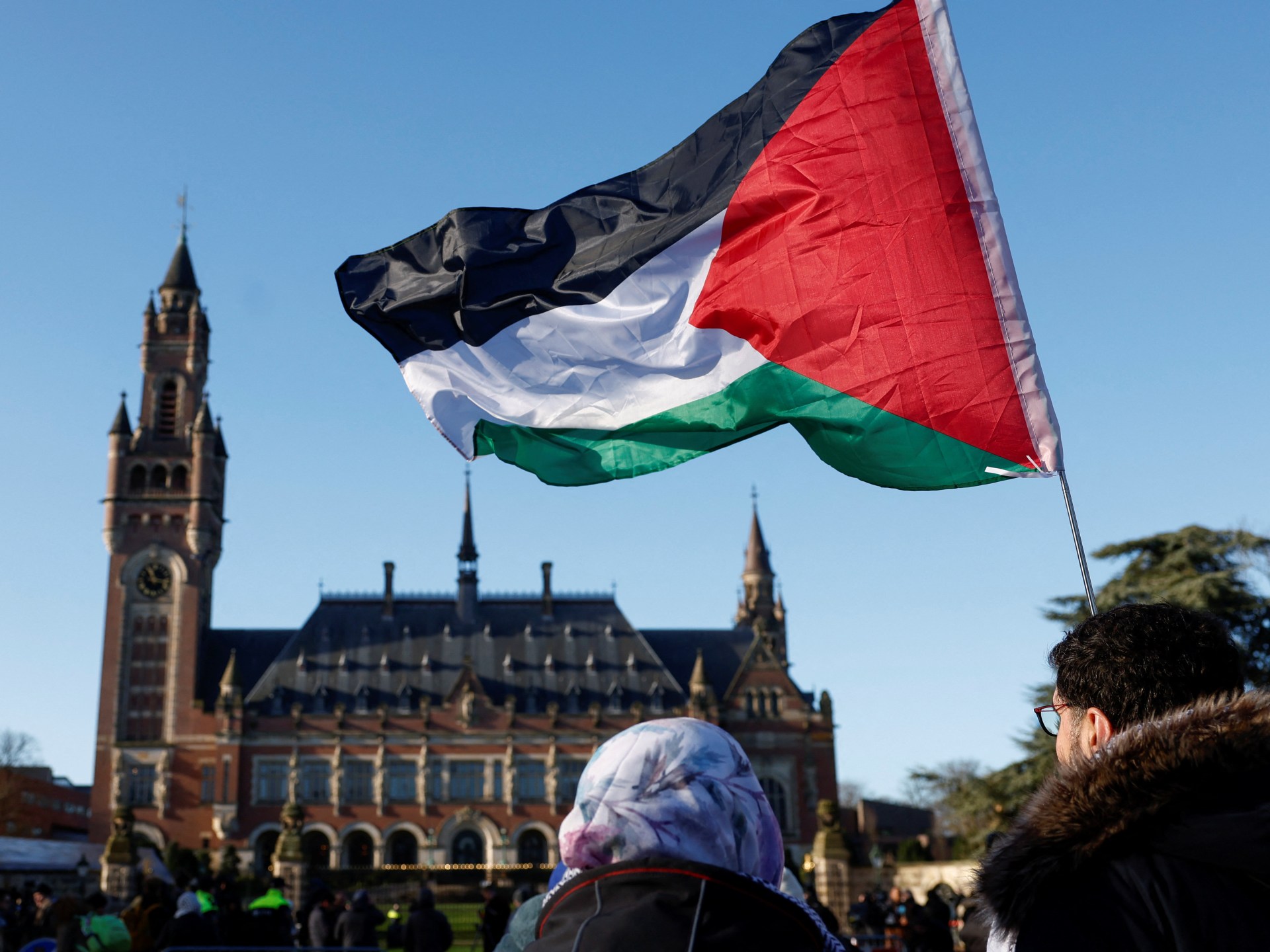
Spain says to join South Africa’s Gaza genocide case against Israel at ICJ
Al JazeeraPalestinian officials apply to join South Africa’s case at top UN court accusing Israel of genocide
Associated PressIsrael insists it is doing all it can to protect civilians in Gaza and denies genocide charges
Associated Press
Israel tells UN court it has right to press on with assault in Gaza’s Rafah
Al Jazeera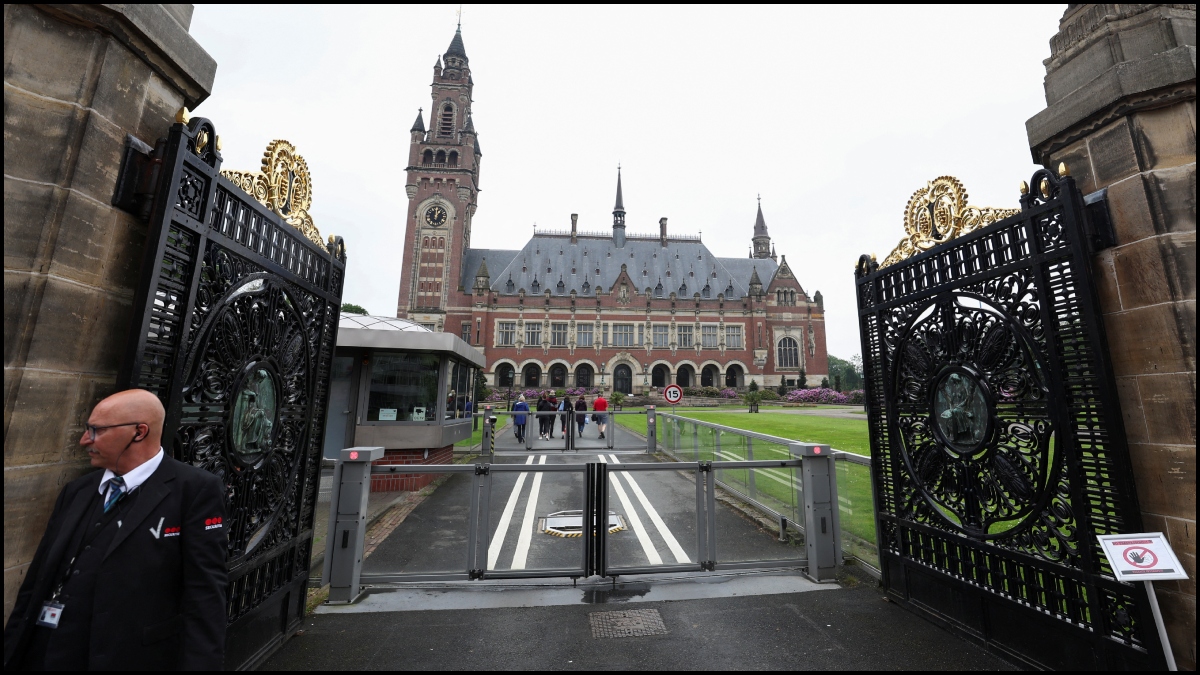
'Israel must be stopped': South Africa urges UN World Court to order ceasefire in Gaza
India TV NewsSouth Africa urges UN’s top court to order cease-fire in Gaza to shield citizens in Rafah
Associated Press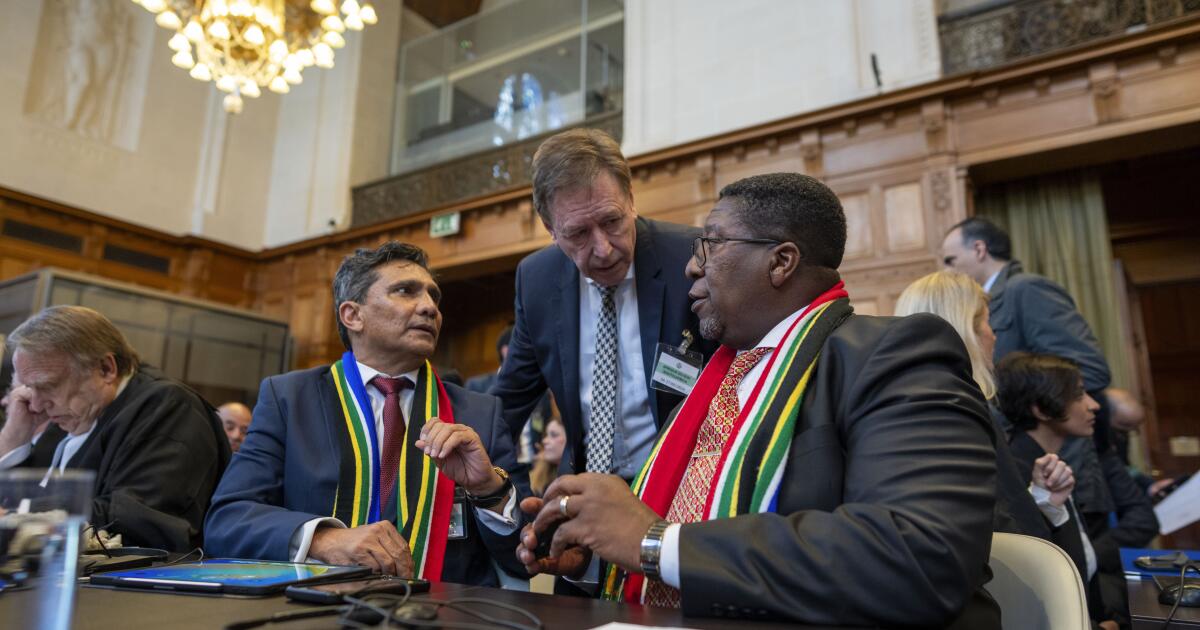
South Africa urges U.N.’s top court to order Israel to withdraw from Gaza
LA Times
South Africa urges ICJ to order Gaza ceasefire, halt Israel’s Rafah assault
Al Jazeera
Why Egypt backed South Africa’s genocide case against Israel in the ICJ
Al JazeeraSouth Africa again requests emergency measures from world court to restrain Israel’s actions in Gaza
Associated Press
South Africa asks ICJ to order Israel to withdraw from Gaza’s Rafah
Al Jazeera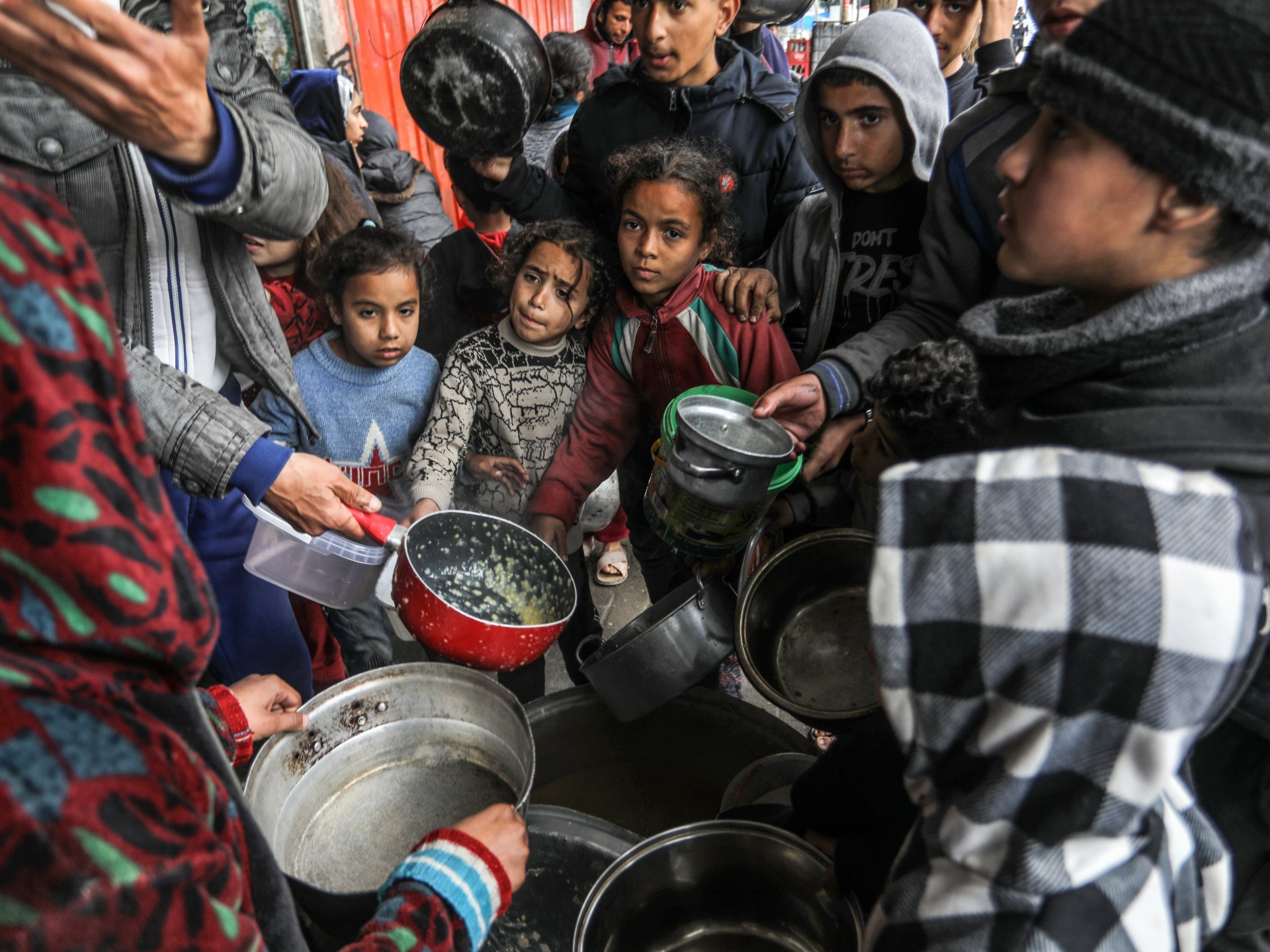
Northern Gaza in ‘full-blown famine’, UN food agency chief says
Al JazeeraThe top UN court rejects Nicaragua’s request for Germany to halt aid to Israel
Associated Press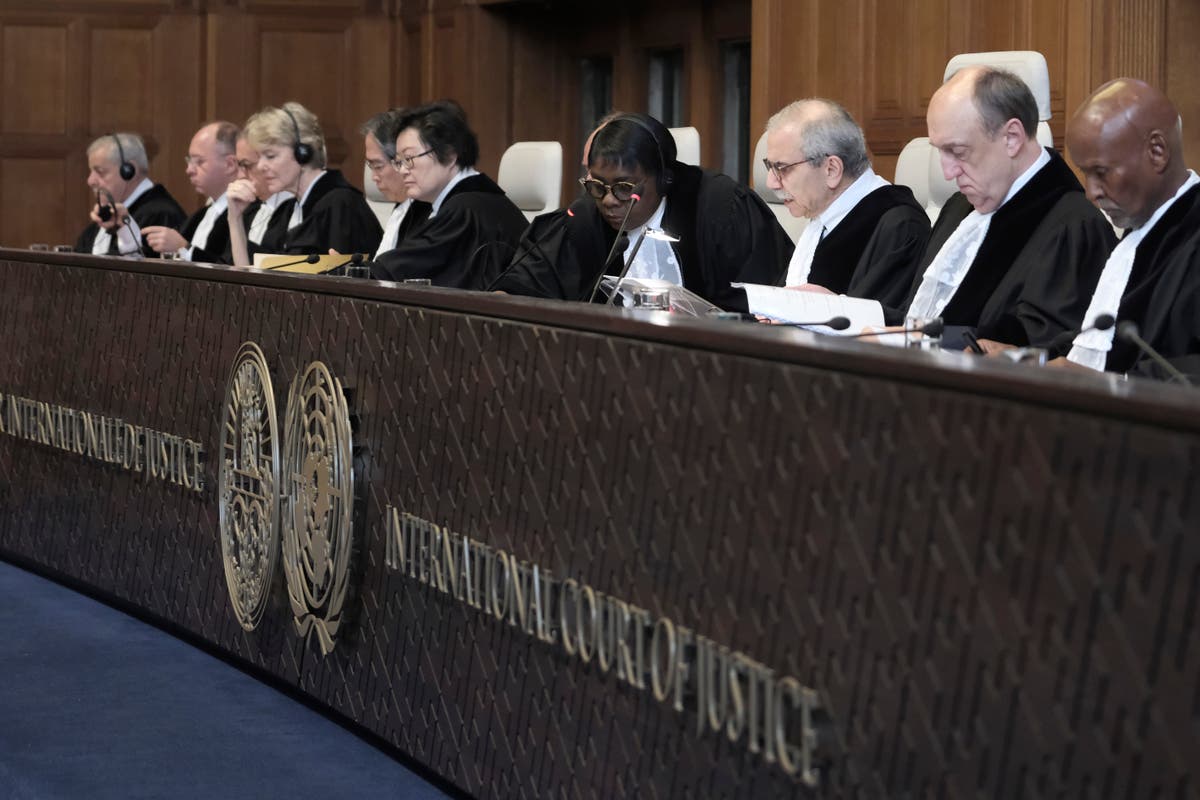
The top UN court is set to rule on Nicaragua's request for Germany to halt aid to Israel
The Independent
The top UN court is set to rule on Nicaragua's request for Germany to halt aid to Israel
New Indian Express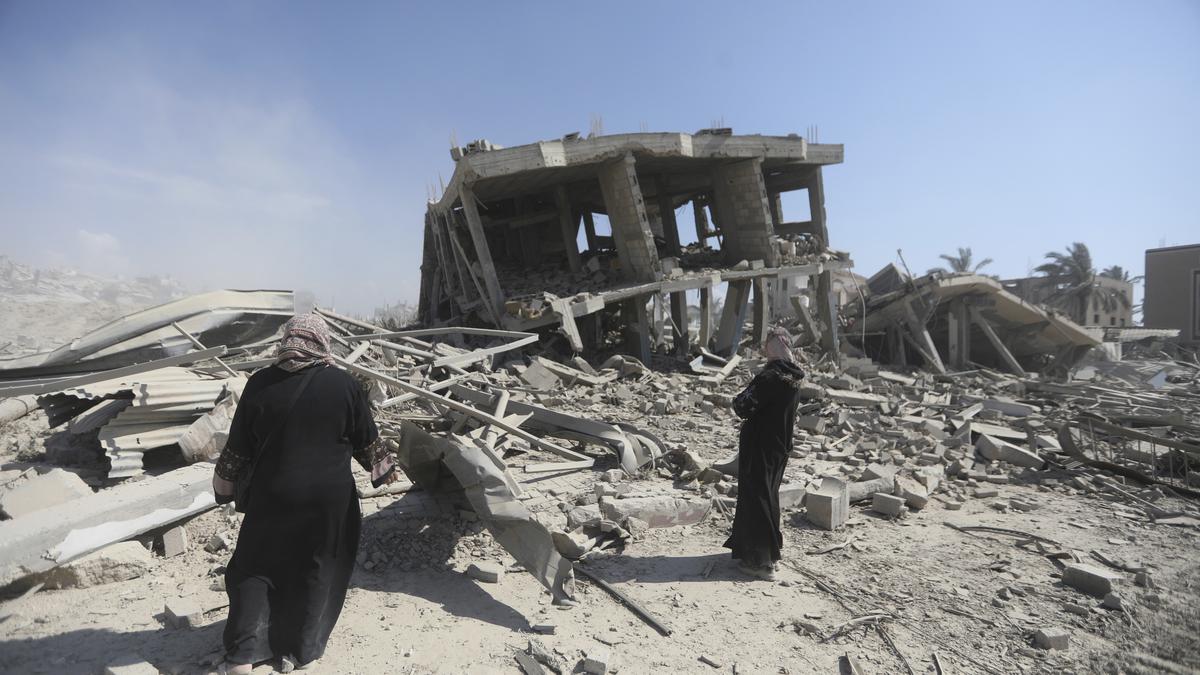
Top U.N. court opens hearings in case accusing Germany of facilitating Israel’s Gaza conflict
The HinduNicaragua urges top UN court to halt German military aid to Israel because of its assault in Gaza
Associated Press
Nicaragua to ICJ: End Germany’s support of Israeli ‘genocide’ in Gaza
Al JazeeraTop U.N. court to hold hearings in a case accusing Germany of facilitating Israel's Gaza conflict
The HinduTop UN court will hold hearings in a case accusing Germany of facilitating Israel’s Gaza conflict
Associated Press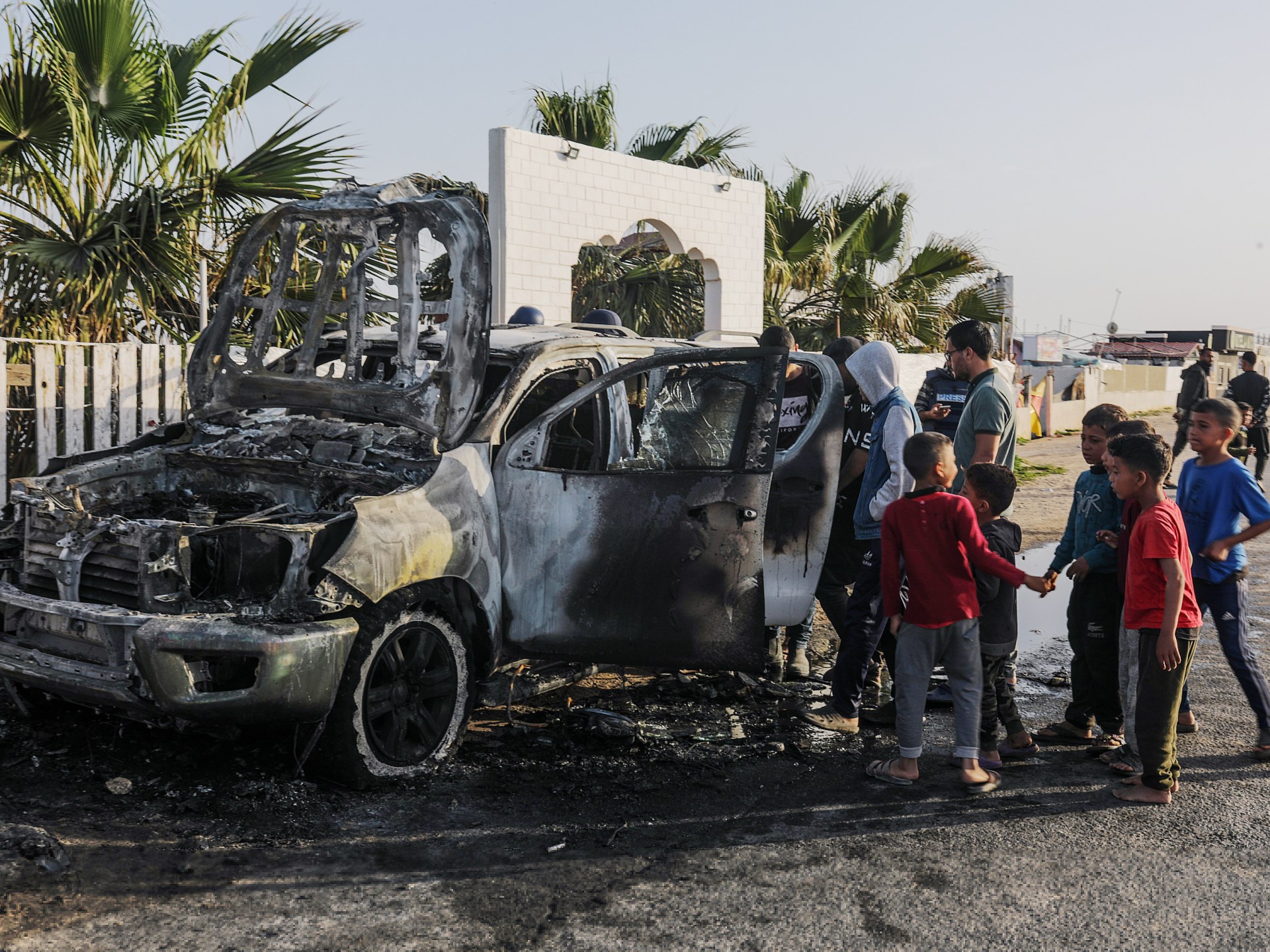
Outrage grows over Israel’s deadly attack on Gaza aid convoy
Al Jazeera
UN’s top court orders Israel to ensure ‘unhindered’ food aid into Gaza
The Independent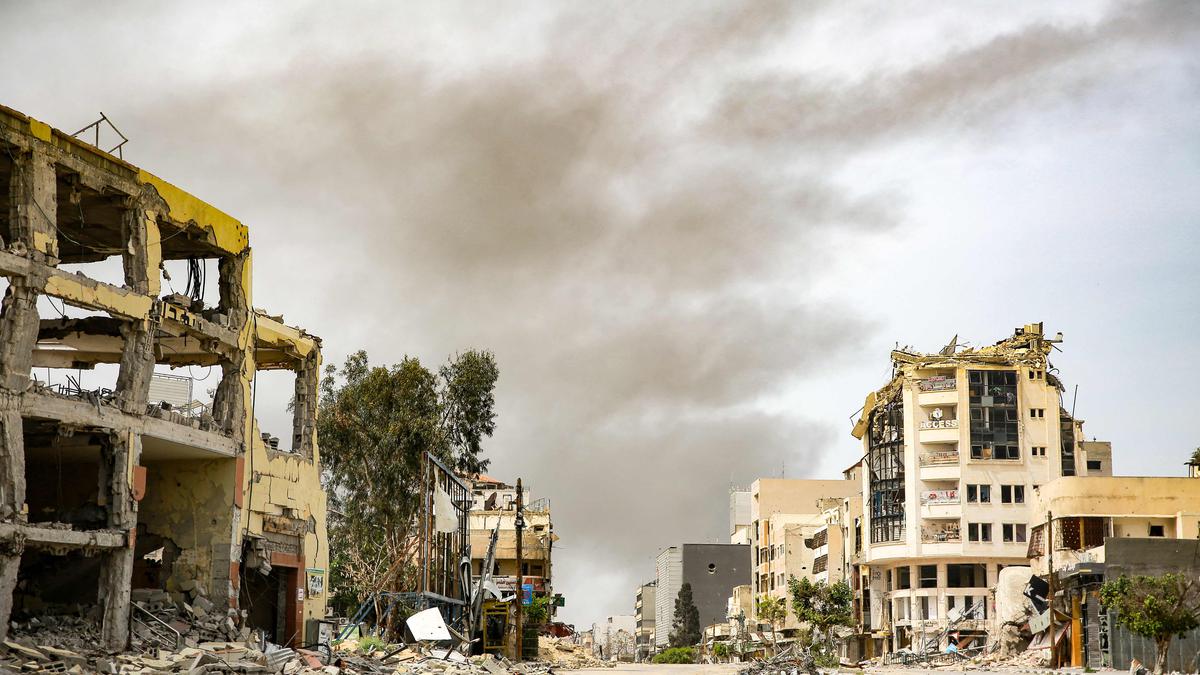
U.N. top court orders Israel to open more land crossings for aid into Gaza
The Hindu
World court orders Israel to take action to address Gaza famine
Hindustan TimesUN top court orders Israel to open more land crossings for aid into Gaza
Associated PressThe Latest | Israel must open more land crossings for Gaza aid, UN court says
Associated Press
UN top court orders Israel to open more land crossings for aid into Gaza
New Indian Express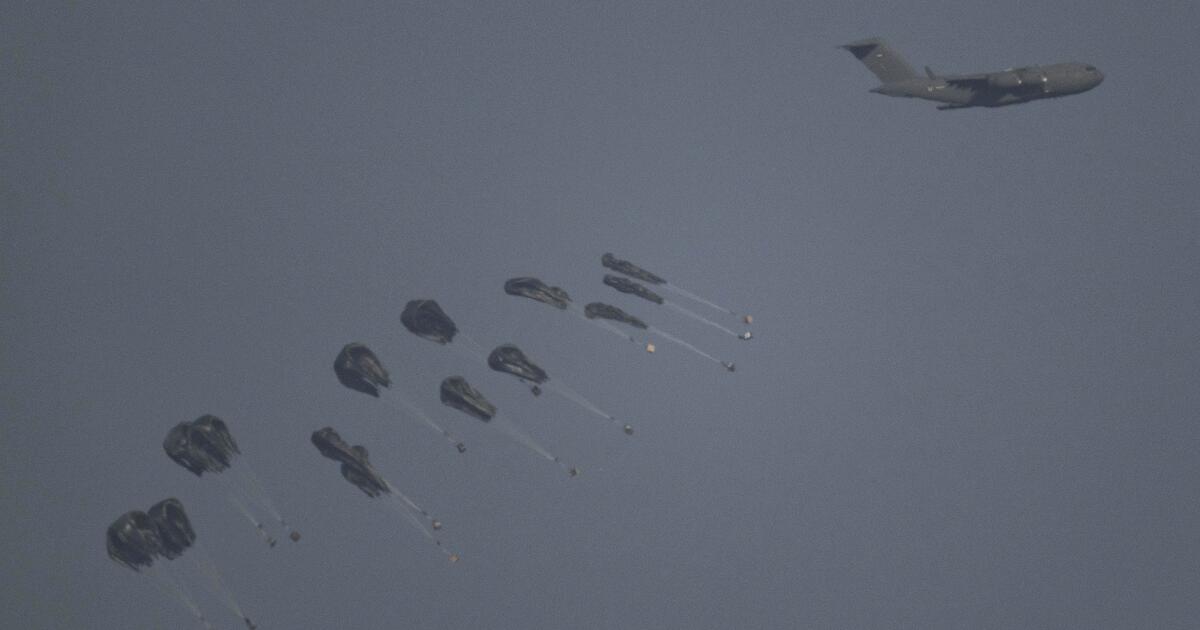
U.N. top court orders Israel to open more land crossings for aid into Gaza
LA Times
UN agency for Palestinians says barred from Gaza aid deliveries
Hindustan Times
UN Chief Calls Starvation In Gaza ‘Moral Outrage’, Calls For ‘Flood’ Of Aid
Huff PostUN chief says it’s time to ‘truly flood’ Gaza with aid and calls starvation there an outrage
Associated Press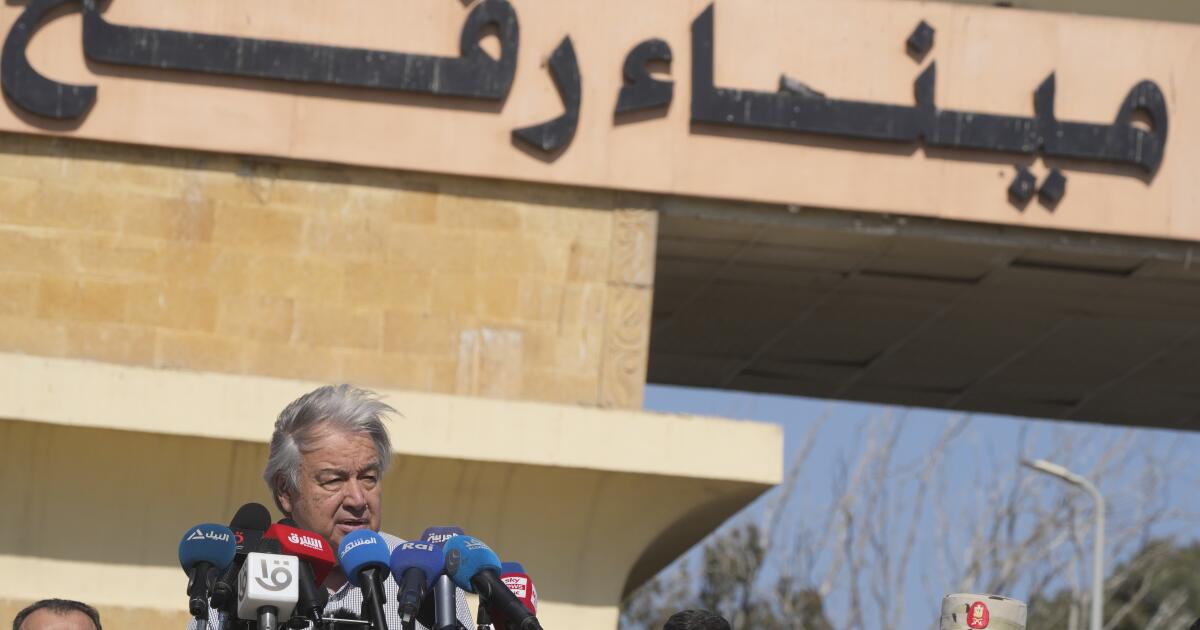
U.N. chief says it’s time to ‘truly flood’ Gaza with aid, calls starvation there an outrage
LA Times
AOC decries ‘unfolding genocide’ in Gaza, urges halting weapons to Israel
Al Jazeera
Israeli limits on Gaza aid may be ‘war crime’, UN warns
Al JazeeraIsrael urges UN court to reject South Africa’s request for more emergency orders in genocide case
Associated Press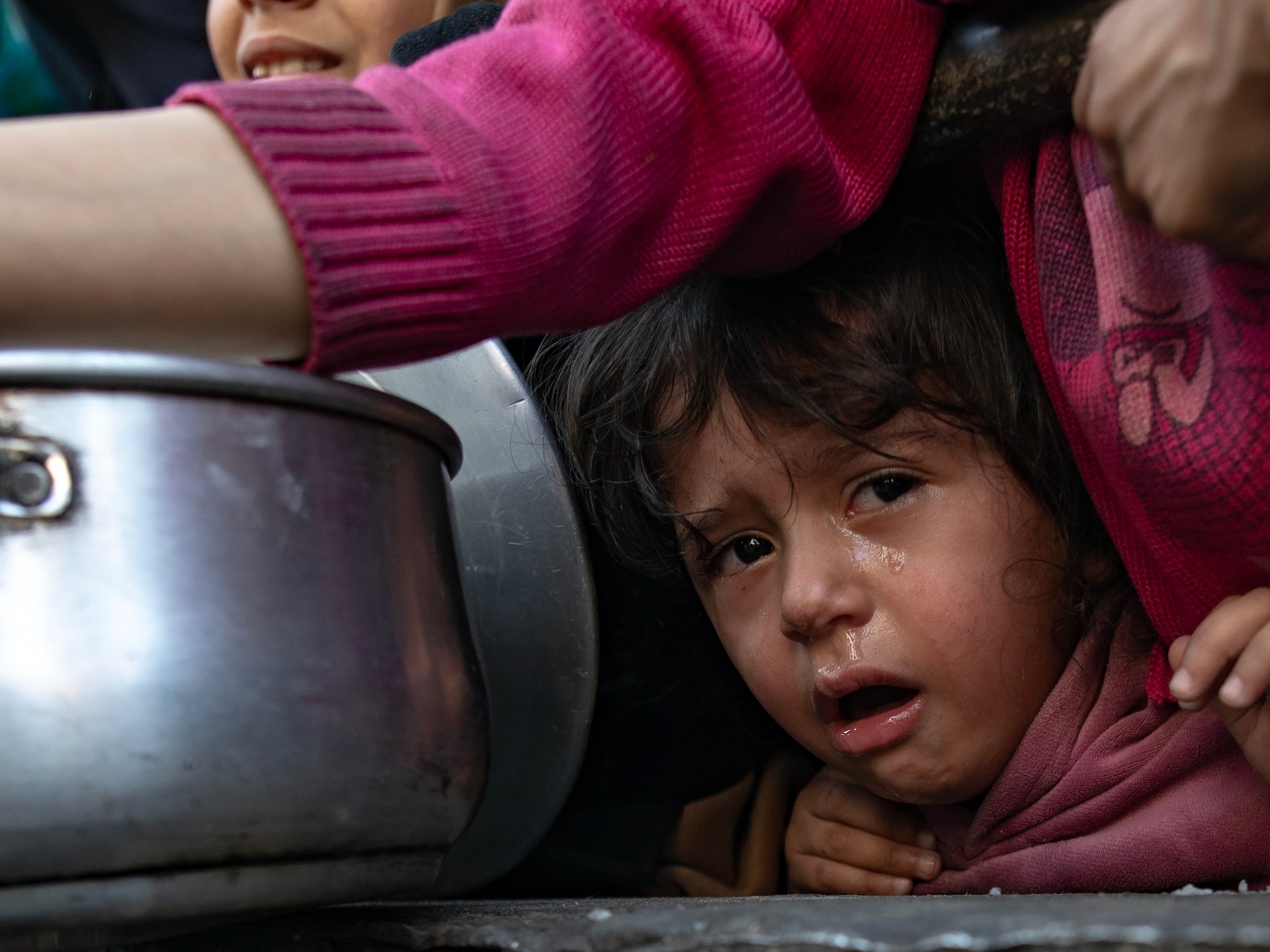
Israel asks ICJ not to order new measures over looming famine in Gaza
Al JazeeraDiscover Related








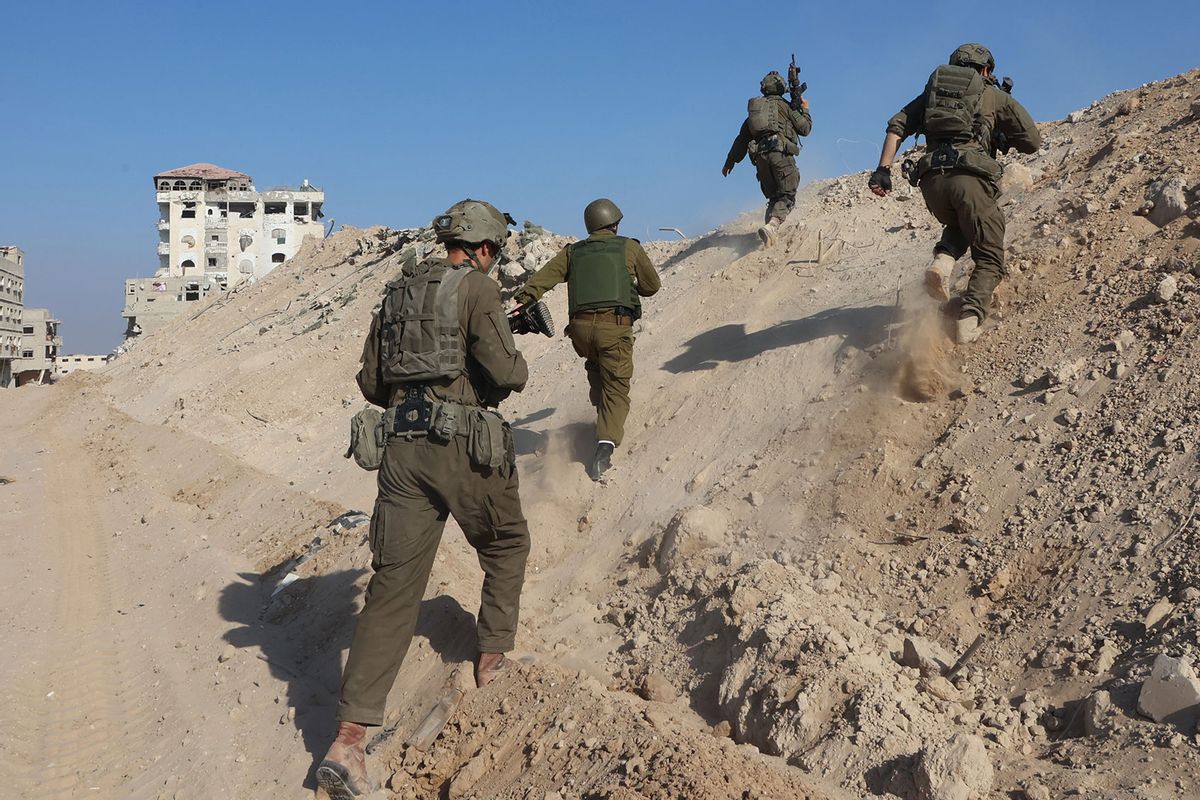

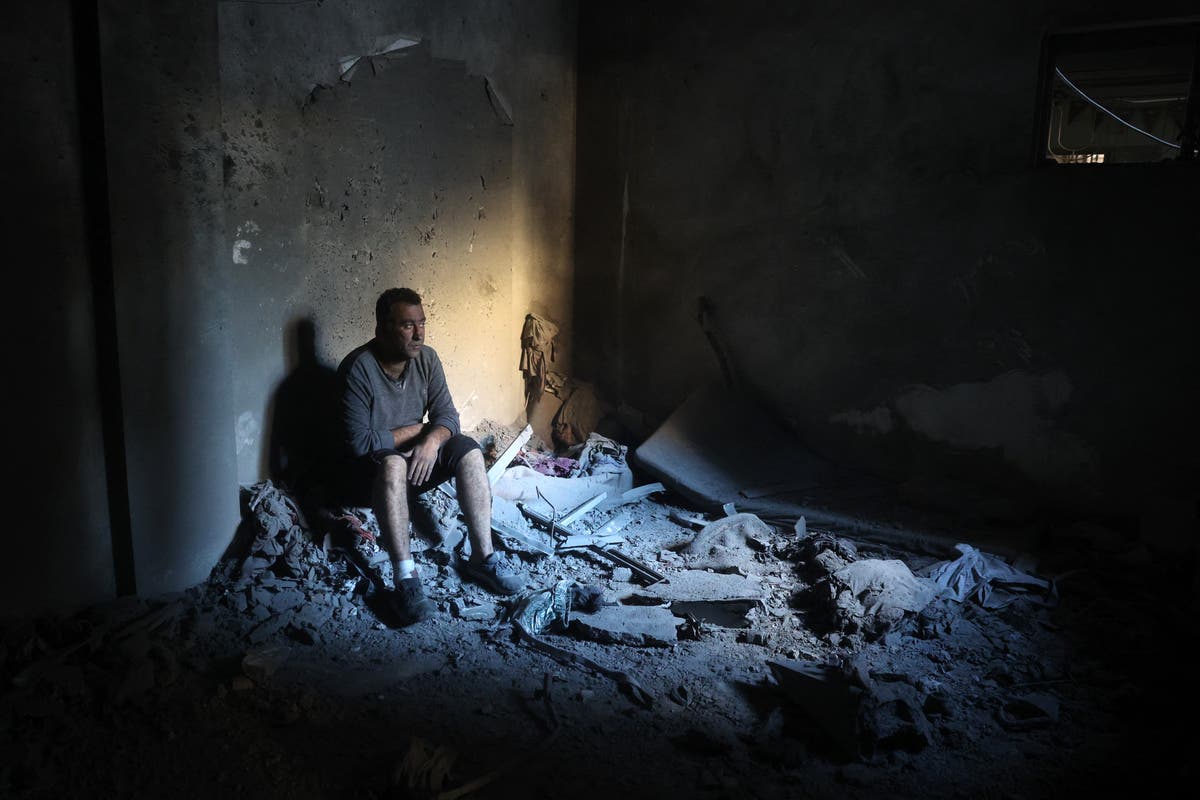


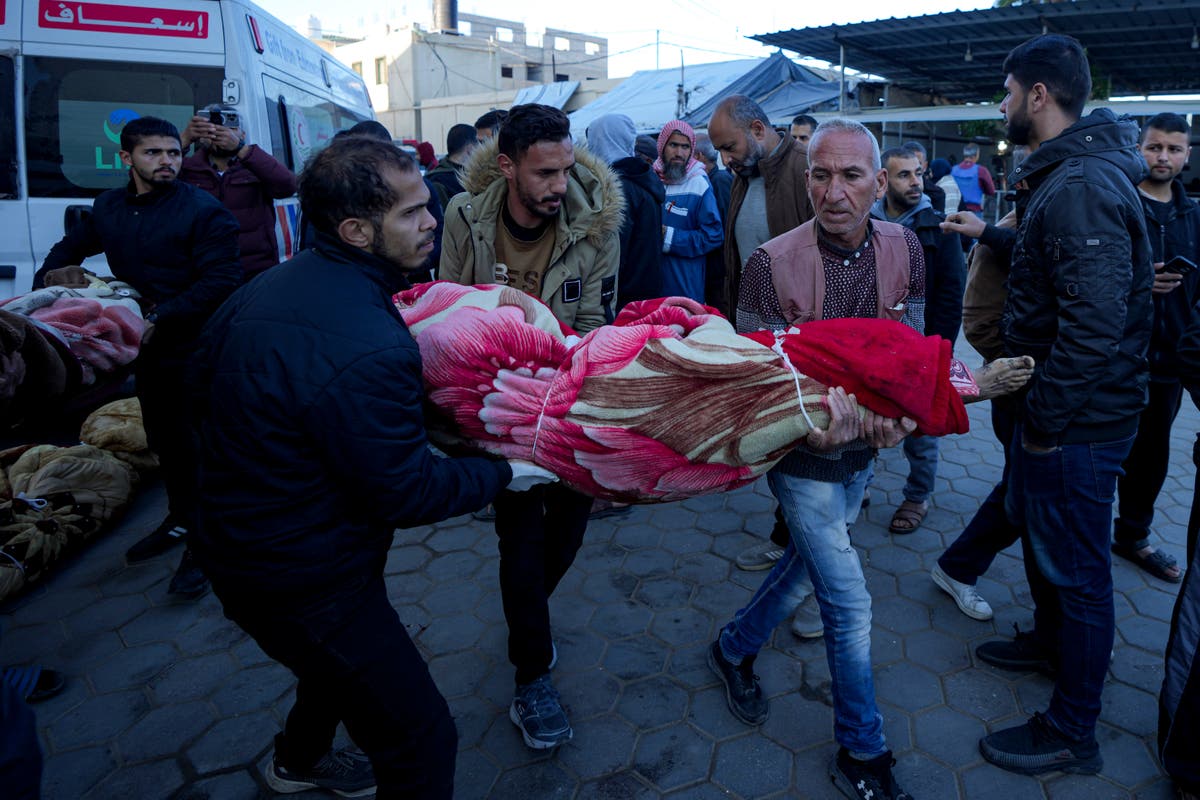

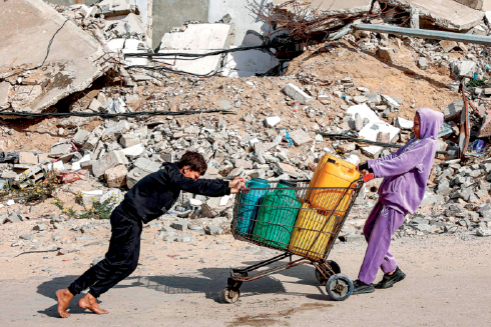





)




)

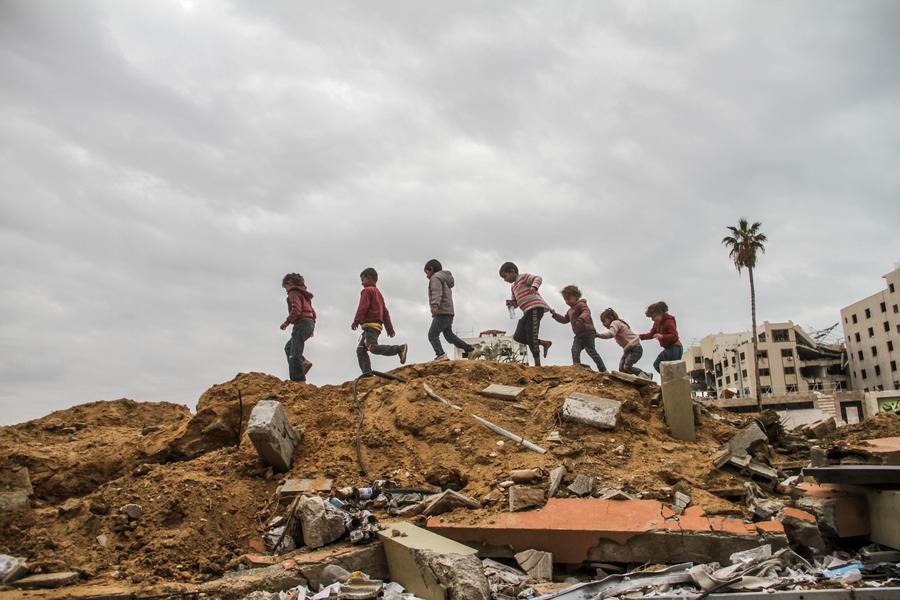
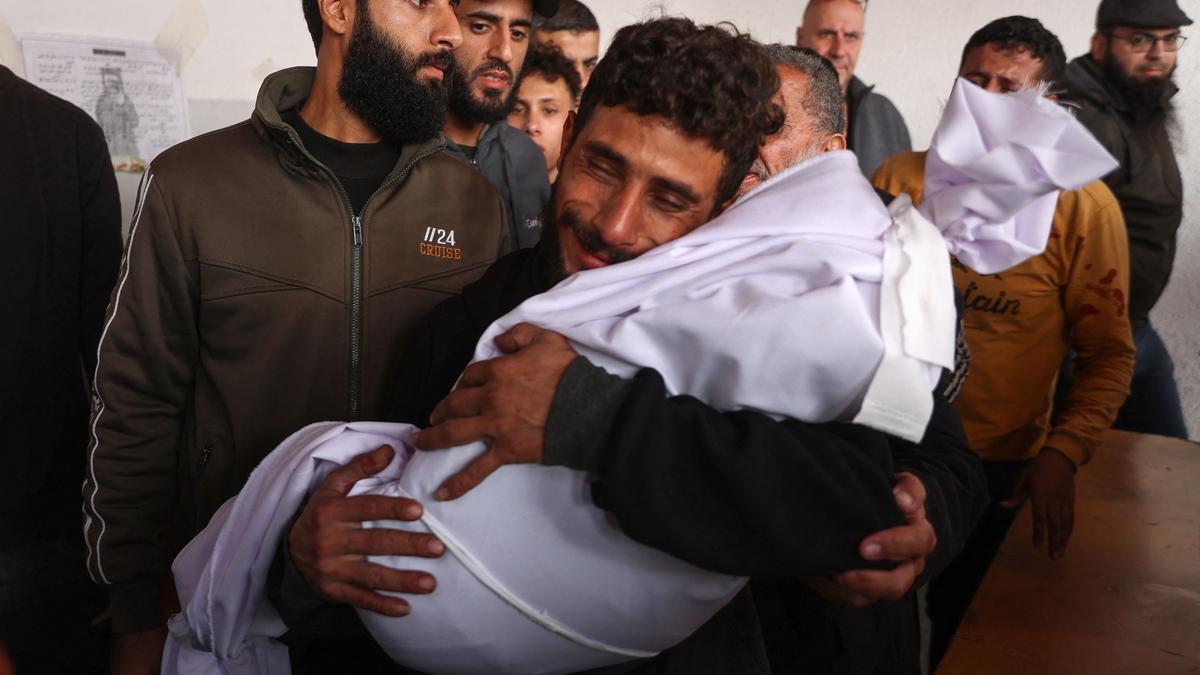



)
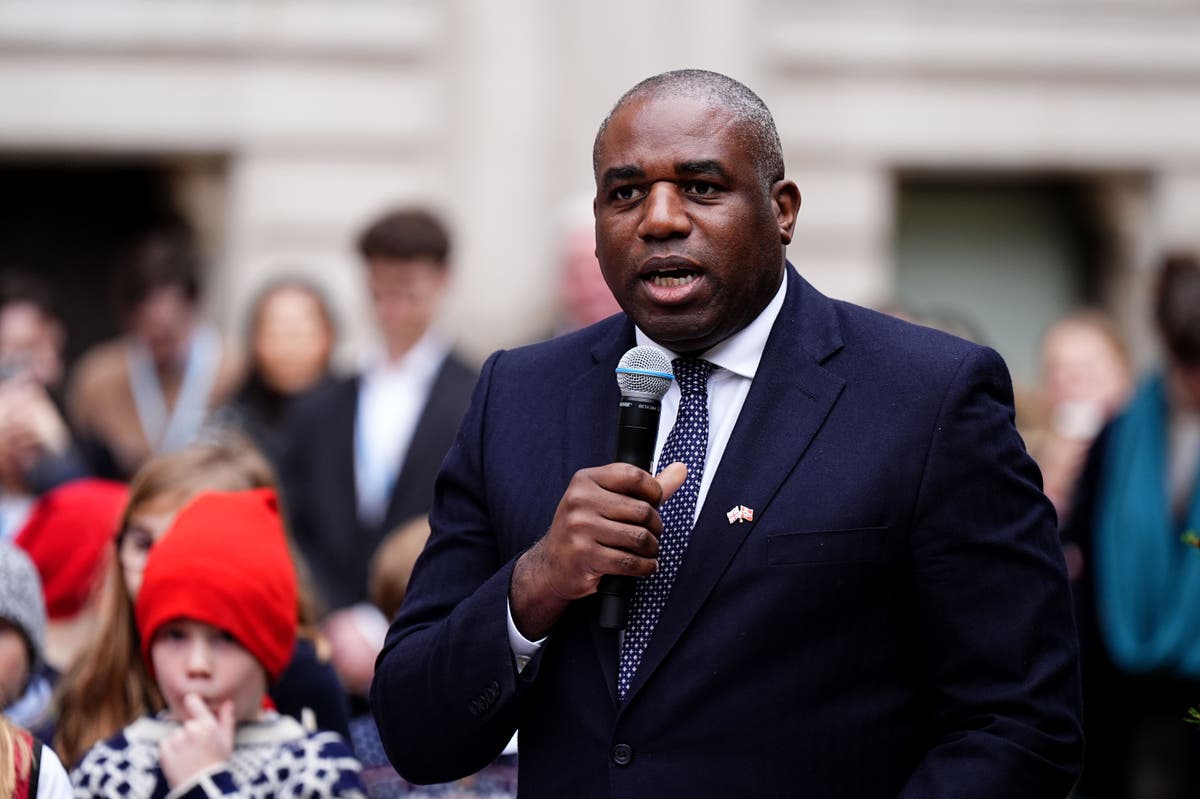


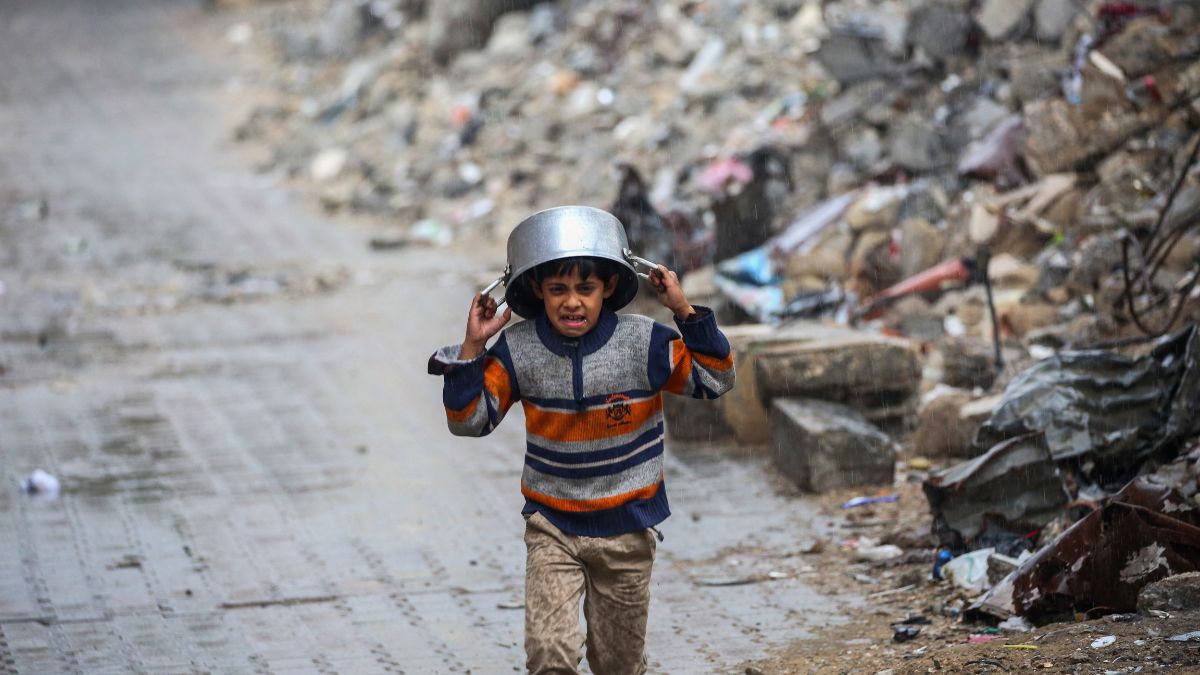)
